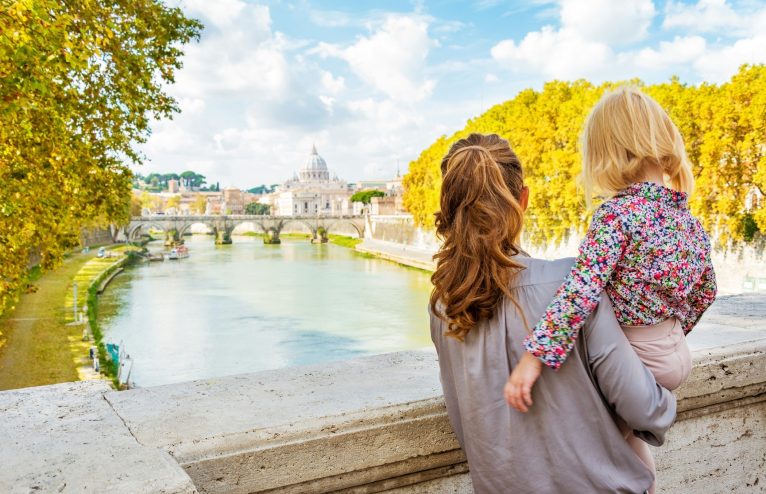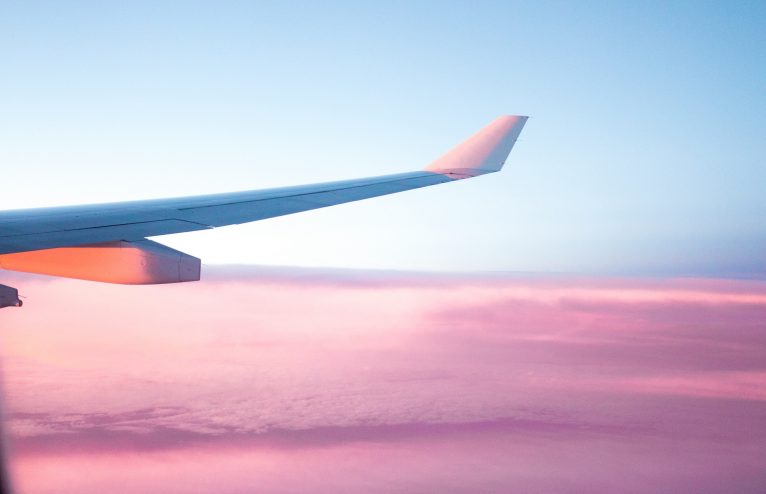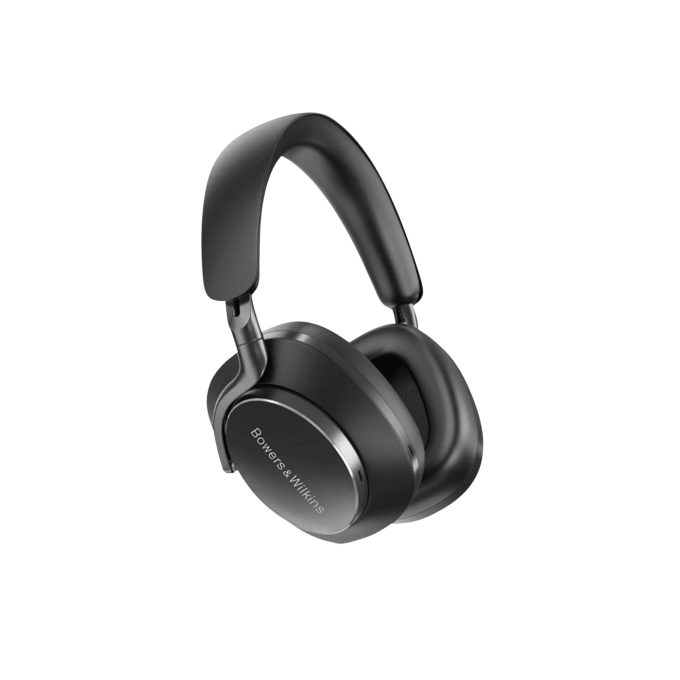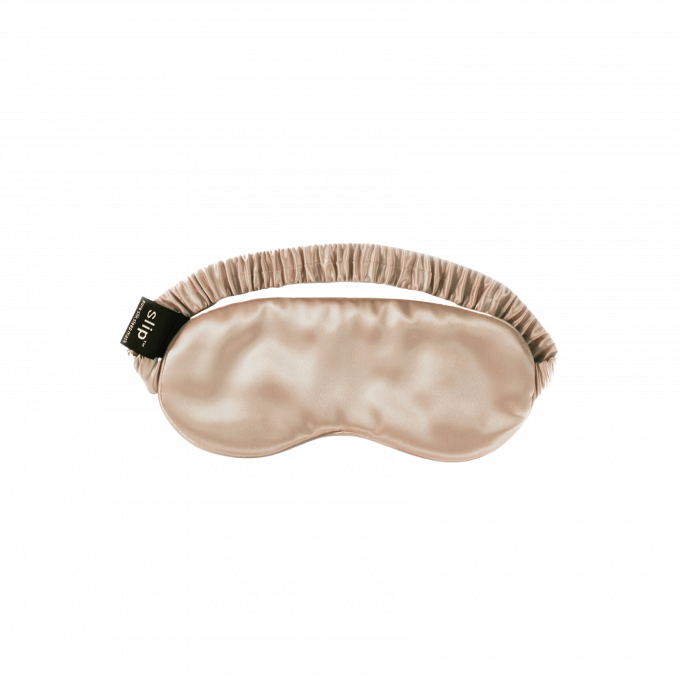Have you heard of the ‘mile-cry’ club? If you tend to find yourself a little more prone to tears when flying – whether it’s when watching a movie or due to a small inconvenience like an uncomfortable seat – it turns out you’re not alone.
But, why do we seem to be more likely to cry on planes? We spoke to psychologists to investigate the phenomena and it turns out the answer is a little complicated…
Do we actually cry more on planes?
You don’t have to look far to find anecdotal examples of people getting more weepy when flying (you may have experienced it yourself or heard from friends and family, for example). Virgin Atlantic even did a study on the concept back in 2011, which suggested that around 55 per cent of passengers experience heightened emotions in the air, leading the airline to issue warnings before showing particularly tear-jerking films available on board.
However, there’s actually not tons of new data on the concept.
View this post on Instagram
Why might we cry on planes?
There’s no real consensus on what makes us more likely to get emotional when airborne. Some psychologists dismiss it simply as a placebo effect, while others give suggestions as wide-ranging as it being due to the inherent emotional impact of travelling (for example, either to or away from friends and family) or because of the specific environment we experience in the cabin.
Here’s the three main suggestions:
1. The cabin environment
First and foremost, the potentially cramped, uncomfortable conditions of an airplane and the annoying behaviour of fellow passengers – who hasn’t experienced a crying baby on a flight? – can make a frustration cry more likely.
Science suggests that the high altitude reached on planes reduces air pressure and causes mild hypoxia, a condition that can make it harder to control our emotions. The lower oxygen levels we experience on board can enhance discomfort too, as well as worsening feelings of tiredness that are amplified by changing time zones, jet lag, and potentially early morning or late night flight times. Throw in the temptation to have a gin and tonic on board, and anyone who tends to be more prone to a cry when they are overtired can understand where the ‘mile-cry’ club phenomena may stem from, especially if you add an emotional movie into the mix.
2. Travel-related stresses
Flying can also be a fairly stressful experience. There’s the planning beforehand and inevitable ‘do I have my passport?’ panic, but also, and quite commonly, more generalised anxiety around being up-in-the-air, from concerns about turbulence to tension around the safety of take-off and landing. You are also potentially leaving loved-ones behind or going to visit them, which can have a massive impact on your emotional state.
All of these factors can raise cortisol (our stress hormone) levels in our bodies, meaning our flight or fight response can be easily activated. However, of course, when in the sky, there’s nowhere to run too. This feeling of being ‘trapped’ or unable to escape your environment can heighten stress and lead to one or two more tears than you’re used to, even if you aren’t self-defined as a nervous flyer.
View this post on Instagram
3. Emotional release
Ultimately, there’s a lot of debate between psychologists about whether we really do shed quantifiably more tears on average when up in the air but, on an individual level, being cocooned in the closed environment of a plane, anonymous to the strangers around us, can, it seems, give us the feeling of freedom to cry, if that’s what we need to do.
“I remember speaking to a friend, a senior figure in the financial sector who had honed their emotion-control skills over a three-decade career but who asked me, ‘why is it only on planes that movies make me cry?'” reveals the psychologist and founder of The Soke mental healthcare facility, Maryam Meddin.
“I had no idea why,” Maryam continues, “but it began a 20-year conversation that continues to this day. So far, the most plausible explanation upon which we’ve agreed is that at 38,000 feet, removed as we are from the persona that defines us, we have the freedom while unobserved to let down our guard and respond to our emotions, in the most sincere and unrehearsed version of ourselves.”
In short: perhaps we cry a bit more on planes because, away from the busyness of our day-to-day lives, we actually give ourselves permission to do so…
We may earn a commission if you buy something from any affiliate links on our site.
Lead image credit: Unsplash


























Any Questions or Tips to add?